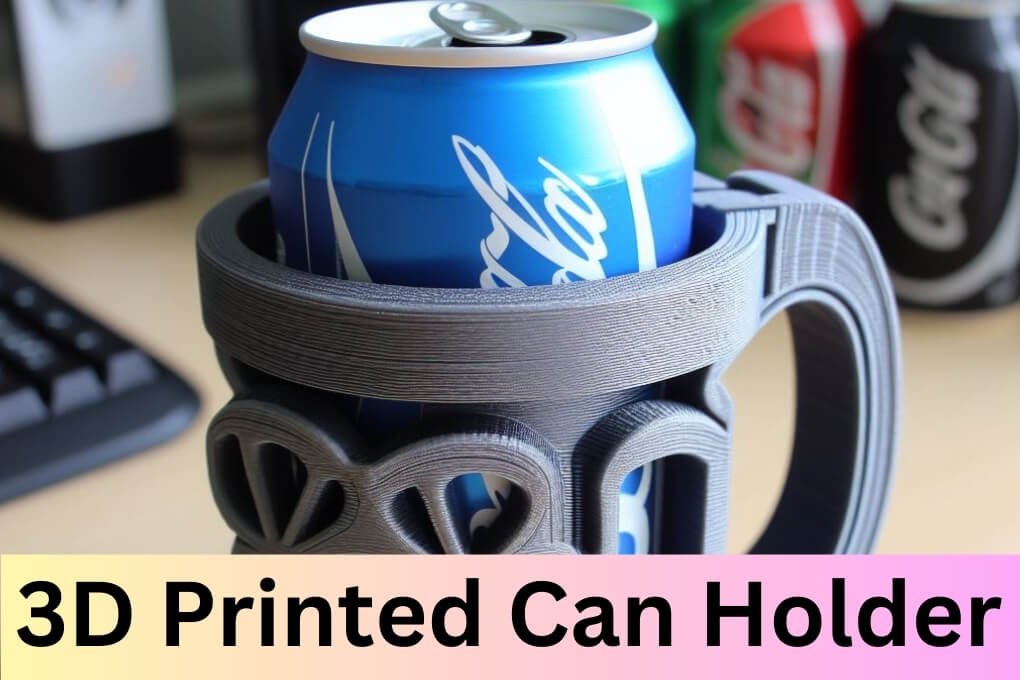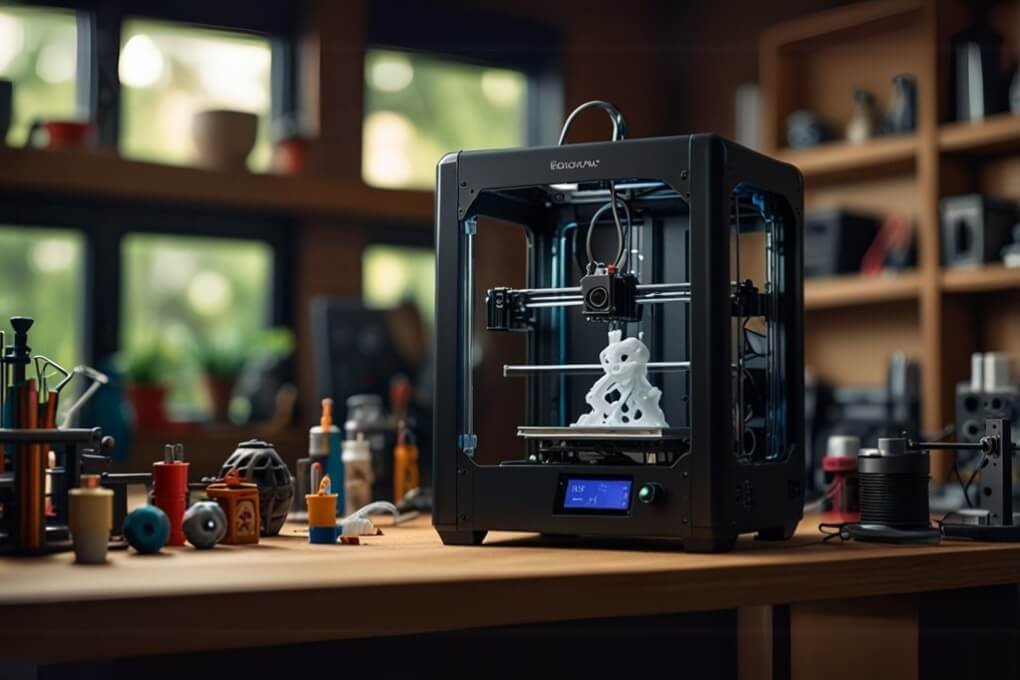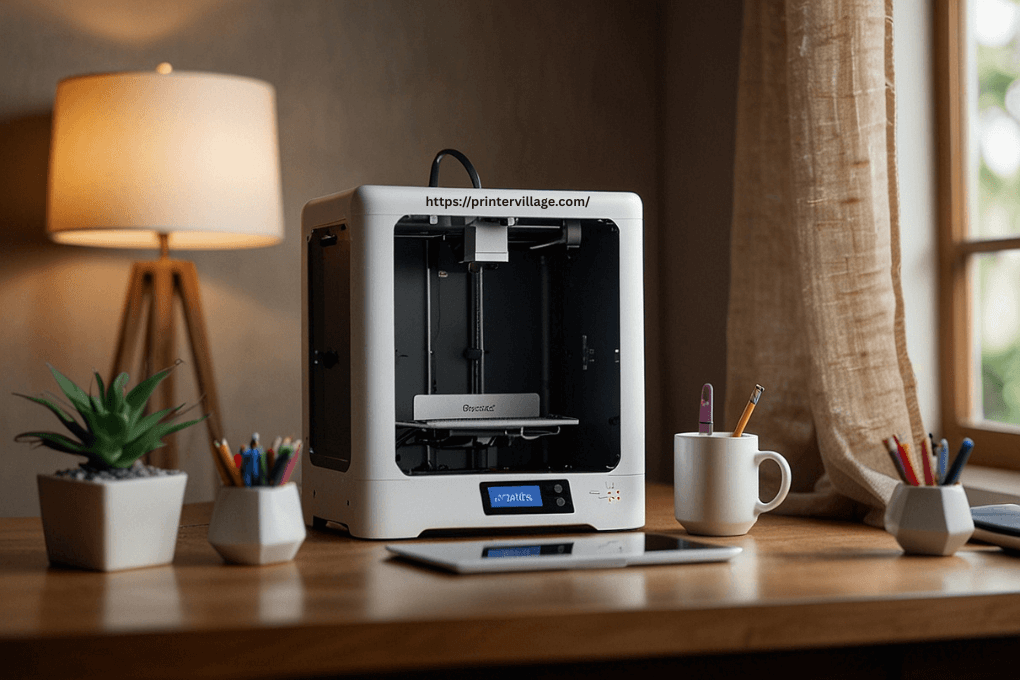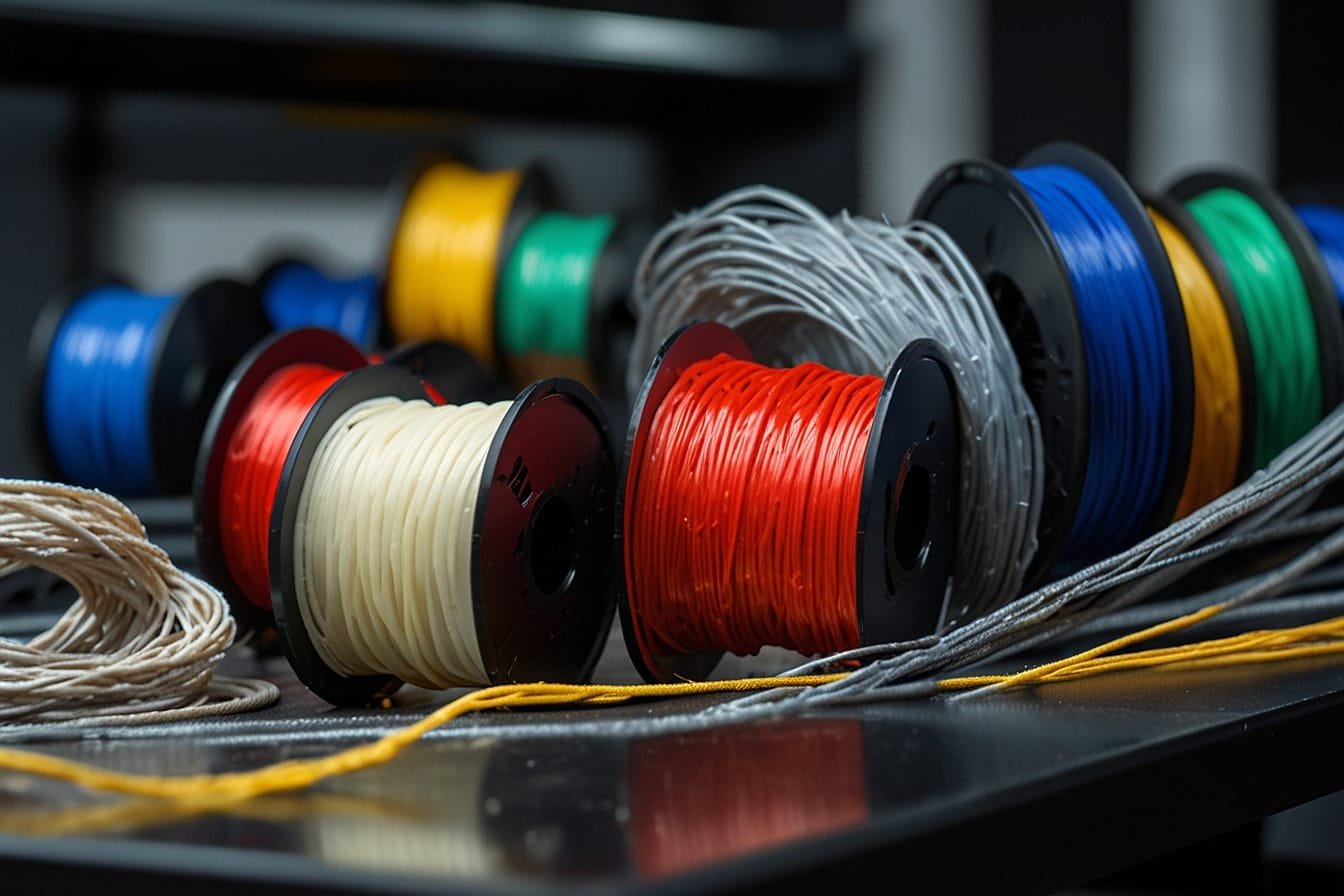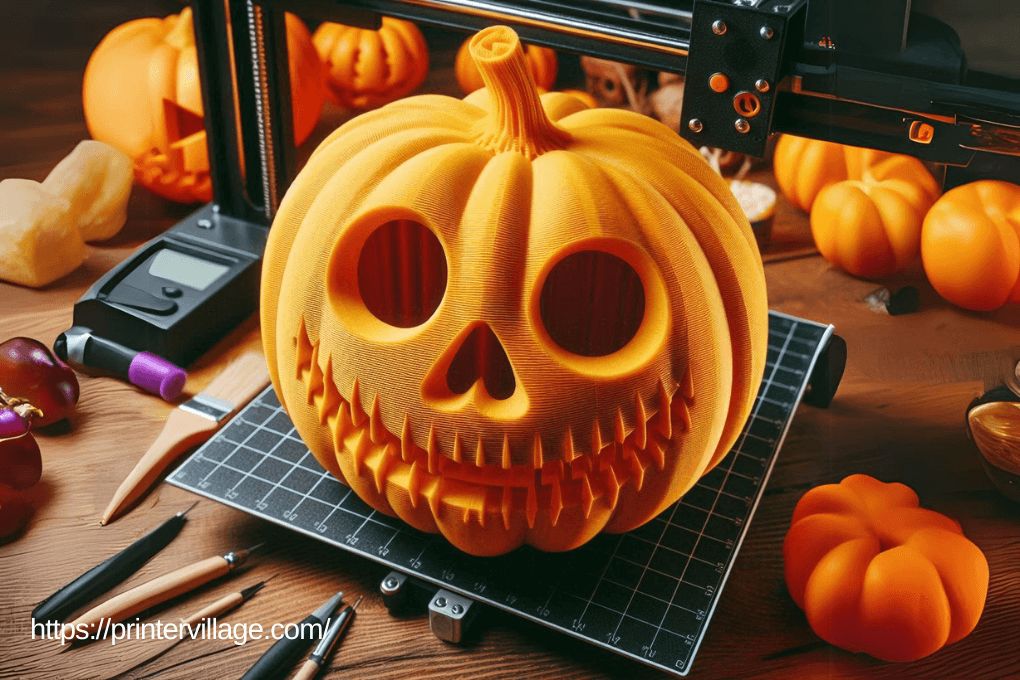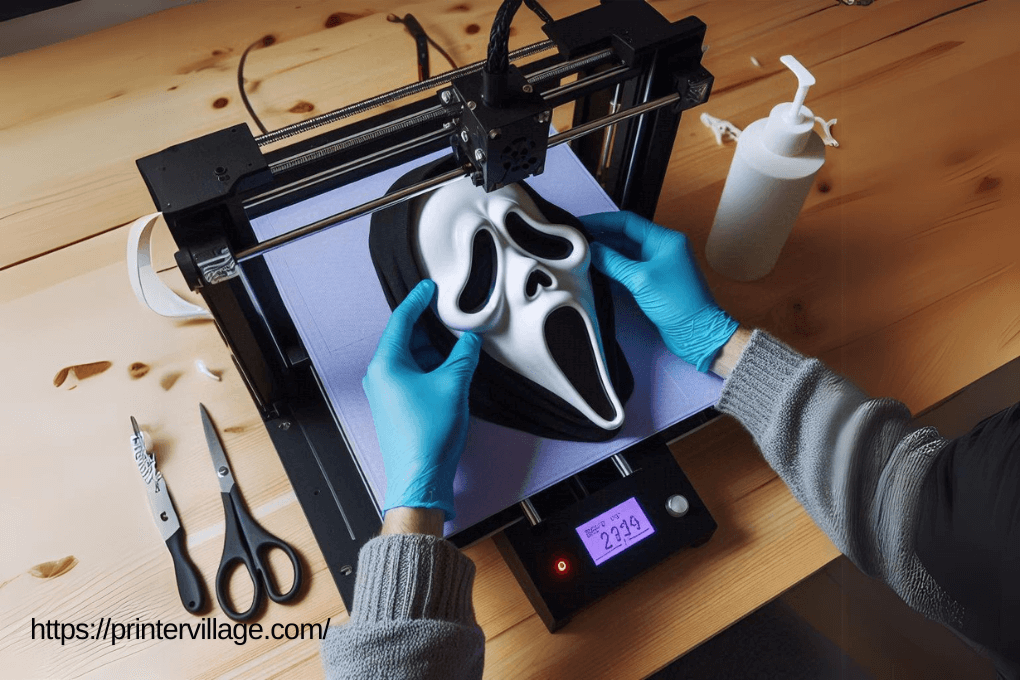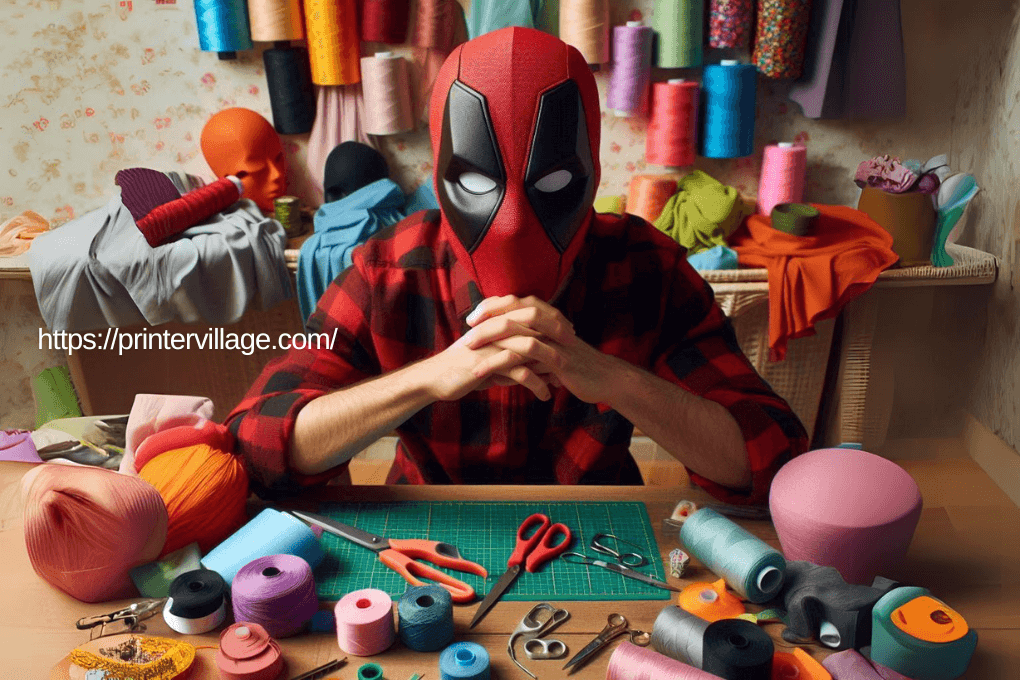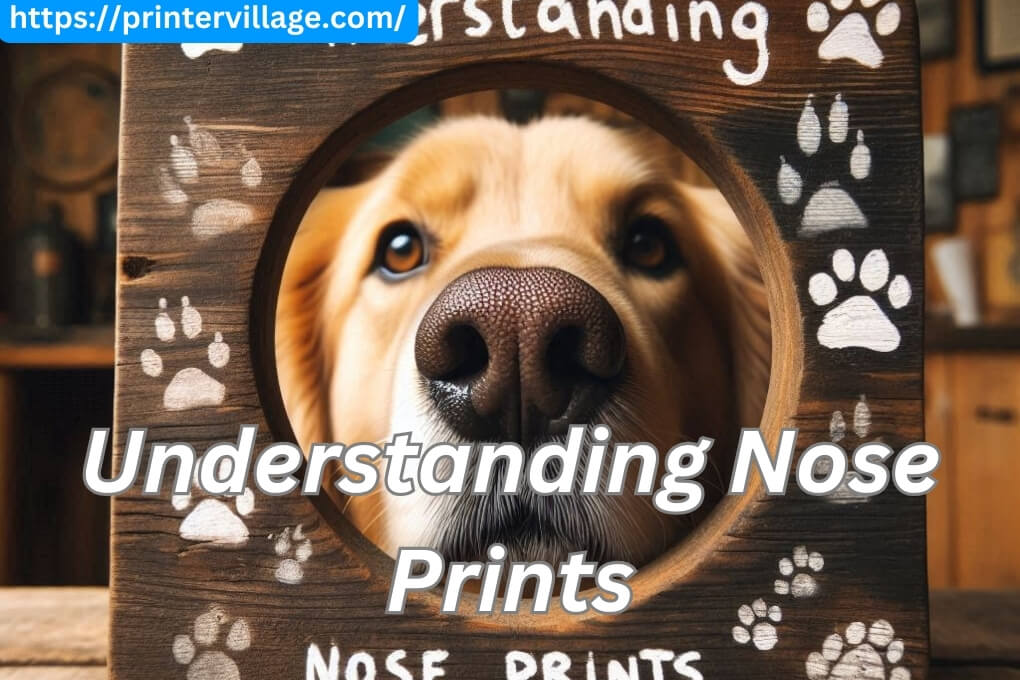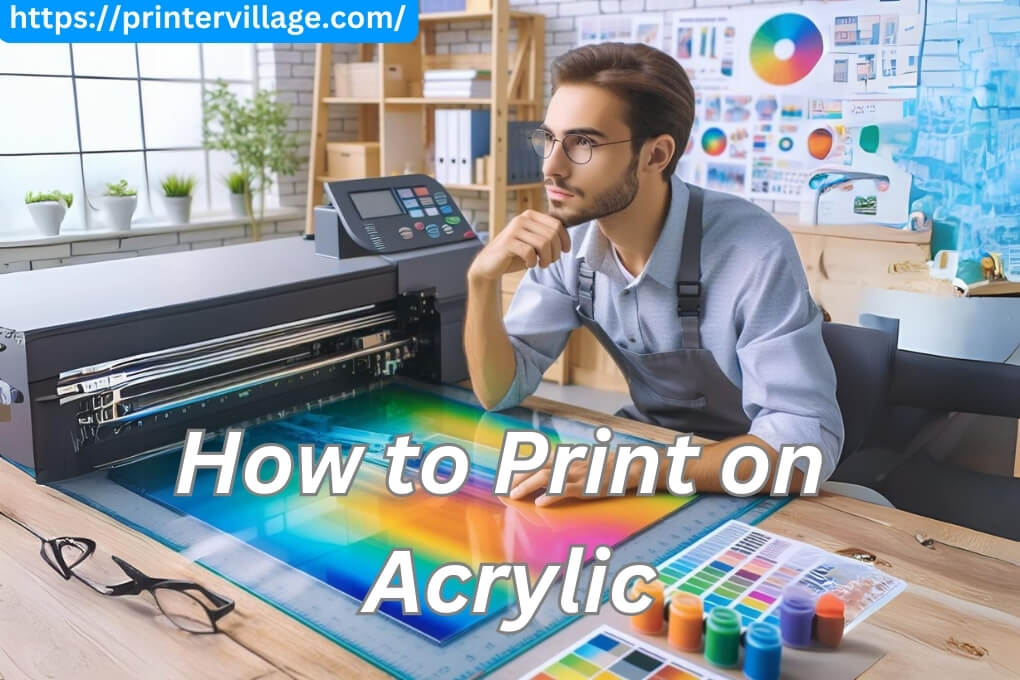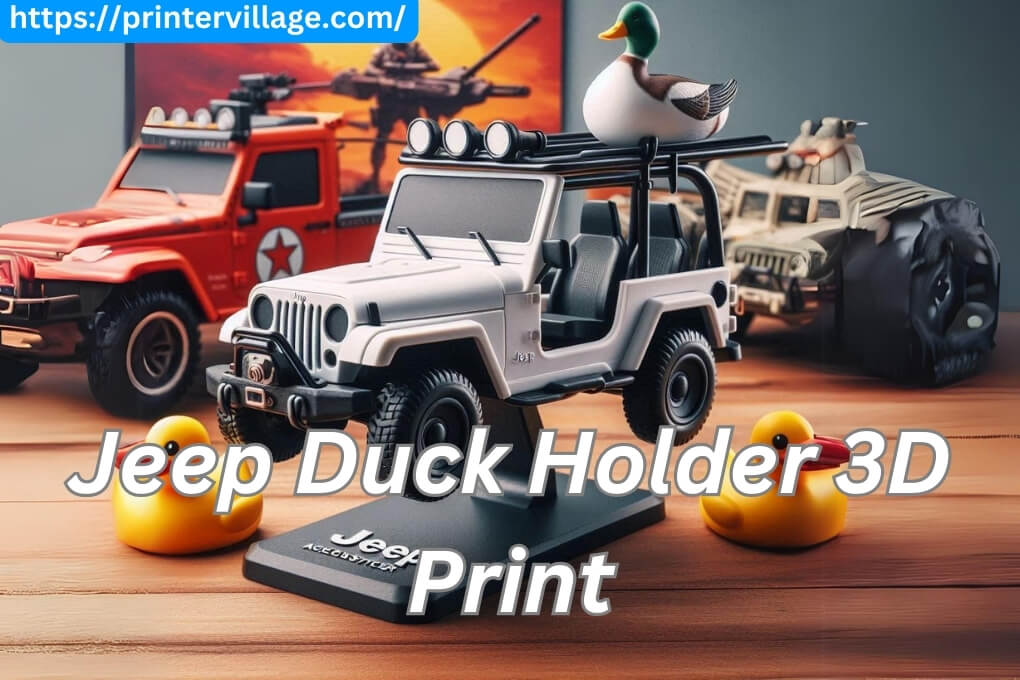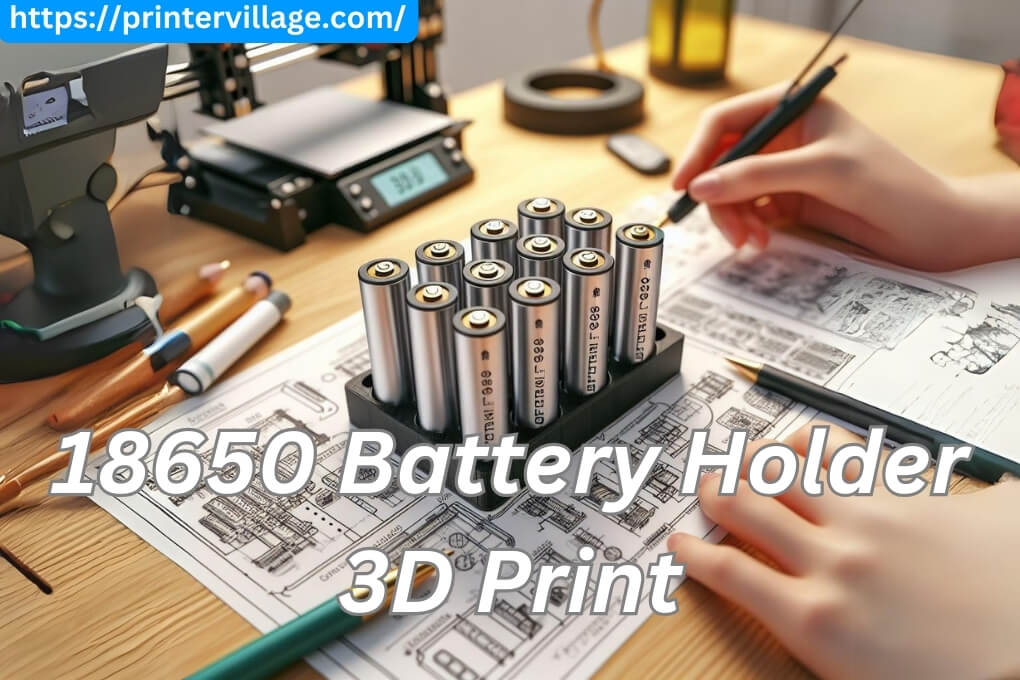Yes, a 3D printed can holder is a convenient and customizable accessory for holding cans.
With the advancements in 3D printing technology, it is now possible to create practical and unique items like a can holder. This innovative accessory provides a secure grip on cans, making it easier to carry and store them. Additionally, the ability to customize the design allows individuals to add their personal touch and create a can holder that suits their style and preferences.
I. Benefits of Using a 3D Printed Can Holder
When it comes to enjoying a refreshing beverage, having a reliable can holder is essential. While traditional can holders can get the job done, there are several benefits to using a 3D printed can holder that make it a superior choice.
1. Customization
One of the biggest advantages of 3D printed can holders is the ability to design and customize them to your liking. Whether you want to add your favorite sports team logo or a unique pattern, the possibilities are endless. With traditional can holders, you are limited to the options available in stores, but with 3D printing, you can bring your creative vision to life.
2. Perfect Fit
Another benefit of 3D printed can holders is the ability to create a perfect fit for your beverage can. By taking precise measurements and adjusting the design accordingly, you can ensure that your can holder will securely hold your drink without any wobbling or slipping. This is especially useful when enjoying outdoor activities or during transportation.
3. Lightweight and Durable
3D printed can holders are typically made from lightweight and durable materials such as PLA or ABS plastic. These materials are known for their strength and longevity, ensuring that your can holder will last for a long time. Additionally, the lightweight nature of 3D printed can holders makes them easy to carry around and convenient for everyday use.
4. Cost-Effective
While the initial investment in a 3D printer may seem costly, in the long run, 3D printed can holders can be cost-effective. Instead of buying multiple can holders over time, you can simply print new ones whenever needed. This eliminates the need for constantly purchasing replacements, saving you money in the long term.
5. Eco-Friendly
Lastly, 3D printed can holders are eco-friendly. By utilizing 3D printing technology, you can reduce waste by only printing what you need. Additionally, 3D printing allows for the use of recycled materials, further minimizing your environmental impact.
In conclusion, 3D printed can holders offer a range of benefits including customization, a perfect fit, lightweight and durability, cost-effectiveness, and eco-friendliness. By embracing this innovative technology, you can elevate your beverage experience while also contributing to a more sustainable future.
II. How to Design a 3D Printed Can Holder
Designing a 3D printed can holder is a fun and creative process that allows you to customize the holder according to your preferences.
Here are the steps to design your own can holder:
- Measure the can: Start by measuring the dimensions of the can you want to create a holder for. This includes the diameter and height of the can. These measurements will serve as the basis for your design.
- Create a 3D model: Use a 3D modeling software such as AutoCAD, Fusion 360, or Tinkercad to create a 3D model of the can holder. You can start by sketching the basic shape and then extruding it to the desired height. Make sure to incorporate features such as a snug fit for the can and a stable base to prevent tipping over.
- Add customizations: This is where you can get creative! Add personalized touches to your can holder, such as engraved patterns, logos, or even a built-in bottle opener. The possibilities are endless, so let your imagination run wild.
- Test and iterate: Before proceeding to the printing stage, it’s important to test your design virtually using the 3D modeling software. This will help you identify any potential issues or areas for improvement. Make necessary adjustments and iterate until you’re satisfied with the design.
- Export the design: Once you’re happy with the design, export it as an .STL file. This file format is compatible with most 3D printers and will ensure a smooth printing process.
Designing a 3D printed can holder requires some technical knowledge of 3D modeling software, but with practice, you’ll become more proficient. Don’t be afraid to experiment and try different designs until you find the perfect one for your needs.
III. Materials and Tools Required for 3D Printing a Can Holder
When it comes to 3D printing a can holder, you will need a few essential materials and tools to ensure a successful print.
Here is a list of what you will need:
Materials:
- 3D Printer Filament: Choose a filament material that is suitable for your needs. PLA filament is a popular choice due to its ease of use and wide range of colors available.
- Adhesive: Depending on the type of filament you are using, you may need adhesive to help secure the print to the print bed.
Tools:
- 3D Printer: Of course, you will need a 3D printer to bring your design to life. Make sure your printer is in good working condition and properly calibrated.
- Computer: You will need a computer to design your can holder using 3D modeling software. Ensure that your computer meets the minimum system requirements for the software you plan to use.
- 3D Modeling Software: Choose a 3D modeling software that is suitable for beginners and compatible with your 3D printer. Some popular options include Tinkercad, Fusion 360, and SketchUp.
- Slicing Software: Slicing software is used to convert your 3D model into instructions that the printer can understand. This software allows you to adjust settings such as layer height, print speed, and support structures.
- Calipers: Calipers are useful for measuring the dimensions of your can holder design and ensuring accuracy.
- Scraper or Spatula: A scraper or spatula is necessary for removing the printed can holder from the print bed without causing damage.
- Tweezers: Tweezers can come in handy for removing any support structures or fine-tuning small details on your print.
By gathering these materials and tools, you will be well-prepared to start 3D printing your own can holder. Remember to follow the manufacturer’s instructions for your specific printer and filament to achieve the best results.
IV. Tips for Successfully Printing a Can Holder in 3D
When it comes to 3D printing, there are a few important tips to keep in mind to ensure a successful print of your can holder.
These tips will help you avoid common mistakes and achieve the best possible results:
1. Use the Right Filament
Choosing the right filament for your can holder is crucial. PLA filament is a popular choice for 3D printing due to its ease of use and wide availability. It is also environmentally friendly and produces high-quality prints. Make sure to check the diameter and temperature settings recommended for your specific filament.
2. Optimize Print Settings
Adjusting your print settings can greatly impact the quality and strength of your can holder. Layer height determines the thickness of each layer, while infill density affects the internal structure of the print. Experiment with these settings to find the right balance between strength and print time.
3. Use Support Structures
For complex designs or overhangs, using support structures is essential. These temporary structures provide stability during the printing process and can be easily removed afterward. Most 3D printing software allows you to automatically generate support structures based on your design.
4. Level the Print Bed
Ensuring a level print bed is crucial for a successful print. An uneven print bed can lead to adhesion issues and result in a failed print. Use a leveling tool to make sure the print bed is perfectly flat before starting the print.
5. Clean the Print Surface
Before starting a print, it is important to clean the print surface thoroughly. Even small particles of dust or debris can affect print quality. Use a cleaning solution and a lint-free cloth to wipe the print surface and remove any residue.
6. Monitor the Print
While 3D printing, it is important to monitor the print process. Check the print periodically to ensure it is progressing smoothly and there are no issues such as filament jams or warping. This will allow you to address any problems early on and avoid wasting time and materials.
7. Post-Processing
After the print is complete, some post-processing may be required. This can include removing support structures, sanding rough edges, or adding a finishing touch with paint or varnish. Take your time to carefully clean up the print and make it look polished.
8. Learn from Failed Prints
Don’t get discouraged if your first few prints don’t turn out perfectly. Learning from failed prints is an important part of the 3D printing process. Analyze what went wrong, adjust your settings or design if necessary, and try again. With each print, you will gain more experience and improve your skills.
9. Share Your Experience
Finally, don’t forget to share your 3D printing experience with others. Join online communities or forums where you can ask questions, share tips, and learn from fellow enthusiasts. Sharing your knowledge and experiences can help others and foster a sense of community within the 3D printing world.
Frequently Asked Questions about 3D Printed Can Holder
What is a 3D printed can holder?
A 3D printed can holder is a device created using a 3D printer that securely holds and stores beverage cans, providing convenience and organization.
How does a 3D printed can holder work?
A 3D printed can holder typically consists of a series of interconnected compartments or slots specifically designed to accommodate standard-sized beverage cans. The holder keeps the cans in place, preventing them from rolling or falling over.
What materials are used to make 3D printed can holders?
3D printed can holders can be made from various materials, including PLA (polylactic acid), ABS (acrylonitrile butadiene styrene), or PETG (polyethylene terephthalate glycol). These materials are lightweight, durable, and suitable for holding cans.
Can I customize the design of a 3D printed can holder?
Yes, one of the advantages of 3D printing is the ability to customize designs. You can modify the size, shape, color, and even add personalized elements to your 3D printed can holder.
Are 3D printed can holders dishwasher safe?
The dishwasher safety of a 3D printed can holder depends on the material used. PLA and PETG are generally considered dishwasher safe, but ABS may warp or deform under high temperatures. It is recommended to hand wash ABS can holders.
Can I use a 3D printed can holder for different can sizes?
3D printed can holders can be designed to accommodate various can sizes, including standard 12 oz cans, tall 16 oz cans, or even larger sizes. Make sure to choose or customize a holder that suits your preferred can sizes.
Is it possible to stack multiple 3D printed can holders?
Yes, some 3D printed can holders are designed to be stackable, allowing you to create a vertical storage solution for your cans. However, ensure that the design and structure of the holder support stacking safely.
Can I sell or distribute 3D printed can holders?
If you have created your own design or have the necessary rights, you can sell or distribute 3D printed can holders. However, it is important to comply with copyright and licensing regulations when selling or distributing any 3D printed products.
Are 3D printed can holders environmentally friendly?
3D printed can holders can contribute to reducing waste by providing a reusable storage solution for beverage cans. Additionally, using sustainable materials like PLA, which is derived from renewable resources, can further enhance their eco-friendliness.
Where can I find 3D printed can holder designs?
You can find a variety of 3D printed can holder designs on online platforms such as Thingiverse, MyMiniFactory, or Cults3D. These platforms allow users to share and download 3D printable designs, including can holders.
Conclusion on 3D Printed Can Holder
With the rise of 3D printing technology, a 3D printed can holder offers a stylish and practical solution for keeping your favorite beverages cool. Its customizable design and lightweight yet durable structure make it a must-have accessory for any outdoor gathering or party. Embrace the future of beverage storage and elevate your drinking experience with a 3D printed can holder today!
